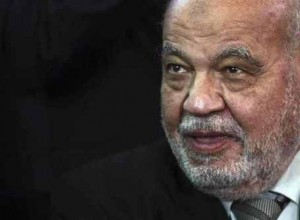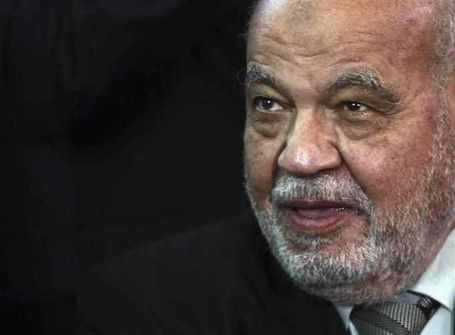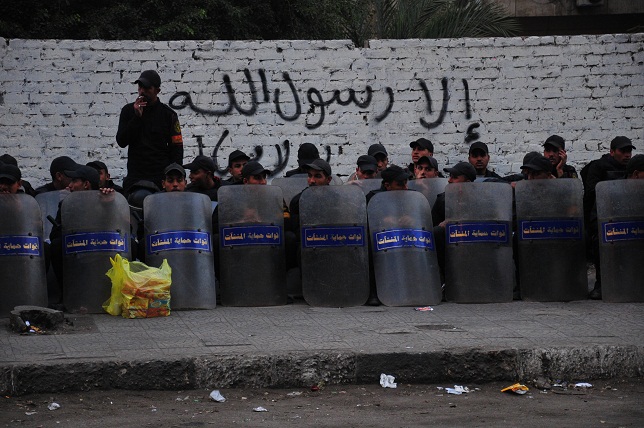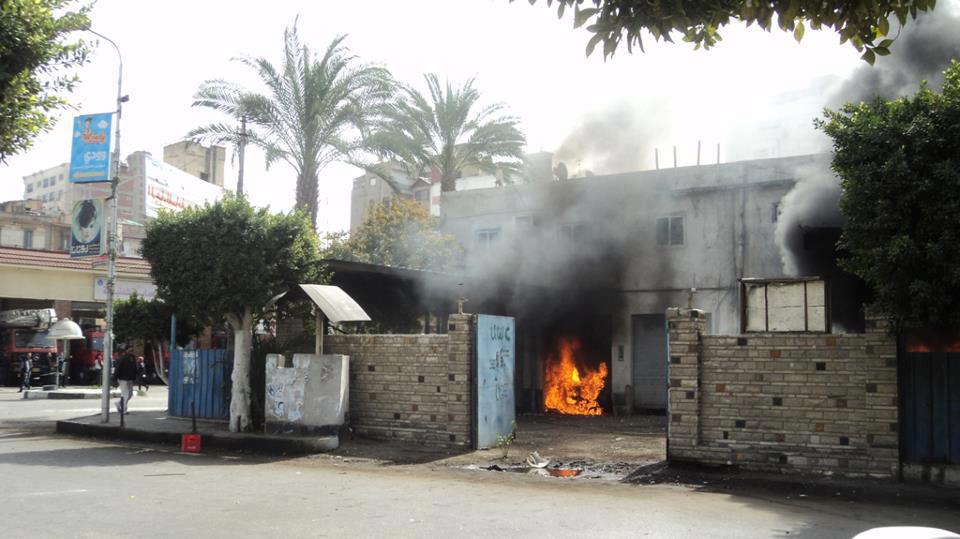
(AFP Photo)
The Supreme Judicial Council (SJC), headed by Momtaz Motwaly, said that it would prepare an appropriate response to the proposed amended Judiciary Law if it was presented to them, according to state-owned news agency MENA.
The statement came after the council met on Monday to review the developments concerning the amendments.
The SJC is scheduled to hold a joint meeting with the governing council of the Judges’ Club on Tuesday at the High Court. The two will further discuss the amendments.
The amendments, proposed by Al-Wasat Party in the Shura Council, have become controversial, especially a proposal that would lower the maximum age limit for judges from 70 to 60.
Former Minister of Justice Ahmed Mekki proposed a compromise this week, suggesting that the maximum age be lowered to 65 and would not apply to active judges currently over the new limit.
Minister of State for Legal and Parliamentary Affairs Hatem Bagato said that he would not allow a “judicial massacre” to take place and stressed that although the Shura Council had the right to legislate, it should wait for the judiciary’s consultation on such amendments.
The Shura Council referred the proposed amendments to its Committee on Constitutional and Legislative Affairs on Saturday while chairman of the council, Ahmed Fahmy, stressed that the legislative body would not encroach on the independence of the judiciary.
The presidency had previously attempted to calm the polarisation surrounding the Judiciary Law amendments by calling for a Justice Conference to discuss judicial reform as it related to the proposed amendments. However, the Judges’ Club announced it would boycott the conference while the SJC decided it would stop preparations for the conference.
The possible changes to the Judiciary Law is a continuation of tensions between Egypt’s judicial, executive and legislative bodies, which took root in President Mohamed Morsi’s constitutional decree in November ousting Prosecutor General Abdel-Meguid Mahmoud and appointing Talaat Abdallah. The decree also called for the retrial of Mubarak-era killing of protesters, and other aspects interpreted by the judiciary as an infringement on its independence.



